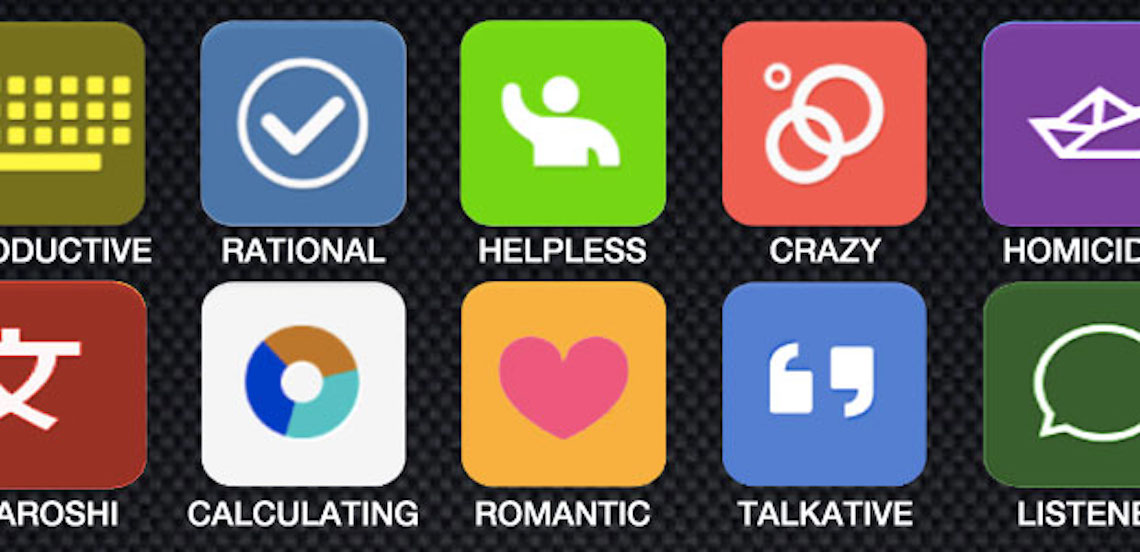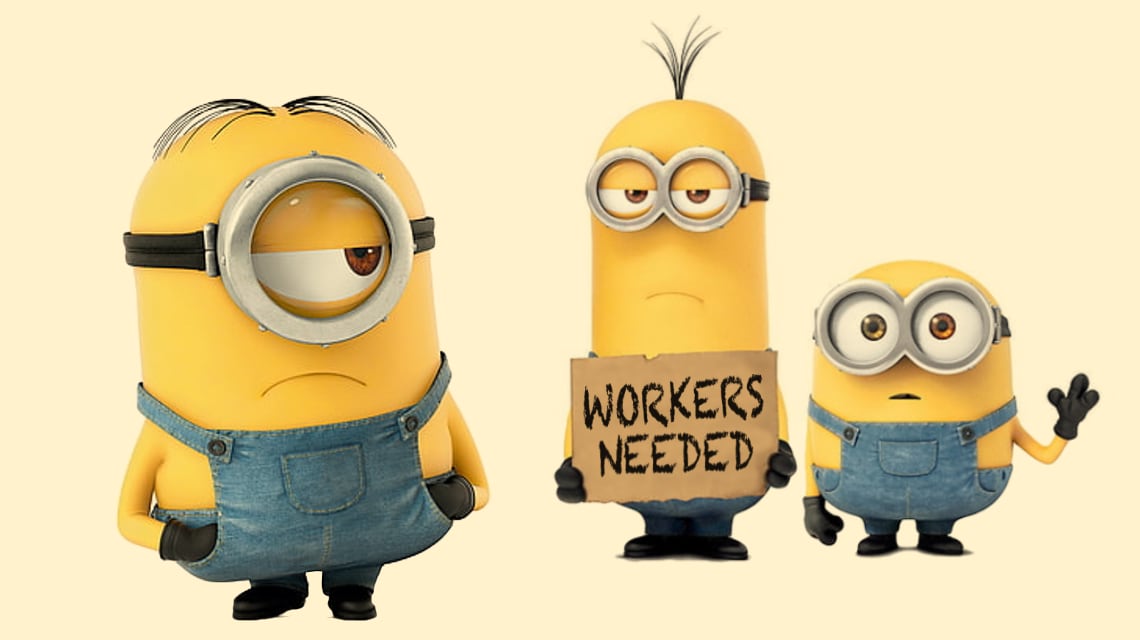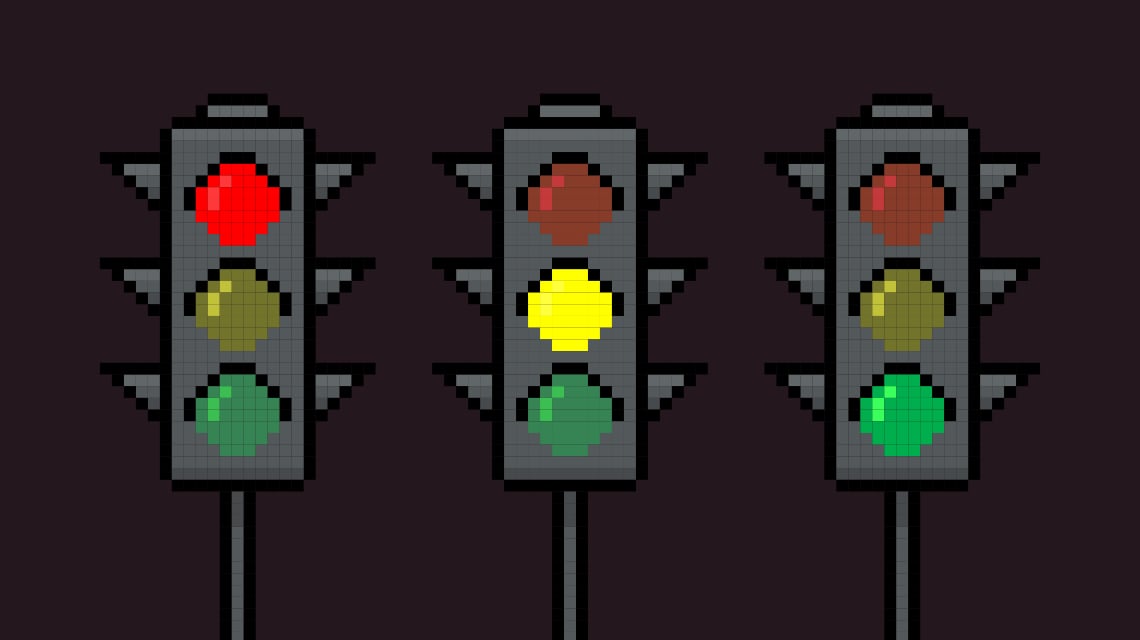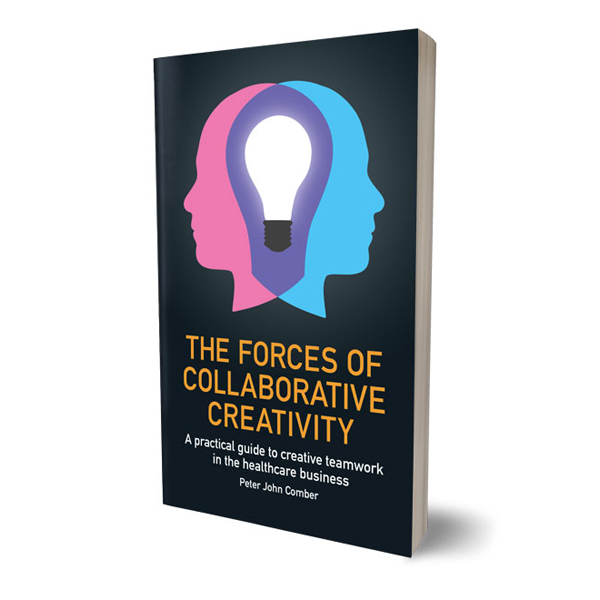Behaviour change. There’s an app for that.
I have a question regarding the first therapeutic app approved by the FDA.
In September of this year the FDA approved, for the first time, a therapeutic app. The app’s name is “reSET” and it is a cognitive behavioural therapy-based tool designed to help people with substance use disorders remain abstinent and engaged with their outpatient therapy. The app, which is modular and must be used in conjunction with outpatient therapy and treatment, teaches patients skills that help achieve and maintain abstinence while supplying healthcare professionals data pertaining to the patient’s self-reported substance use, triggers, cravings and outcomes.
A randomised trial of reSET involving 399 patients showed that 40.3% of those who used the app and received face-to-face counselling were abstinent at 12 weeks compared with only 17.6% of those who received only the counselling.*
This is a significant result and I hope the approval and adoption of this app will have a positive impact on the many who struggle with dependencies.
I also hope and expect the app will become even more effective, learning from those it is helping to get better at helping others. The more cases it experiences, the more data it will have, the more sophisticated and targeted it will become. I expect this because this is how technology works today. Which leads me to my question: the FDA has approved a therapeutic app because it is proven to change behaviour, consequently should all apps be FDA approved?
Yes, it’s a provocation but the underlying problem is serious. If an app is proven to have behaviour changing effects (in the notoriously difficult issue of substance abuse no less) then there can be no doubt that any app can potentially change behaviour. It doesn’t mean they all do but it means they can.
If you are one of the more than 500 million people who have played Candy Crush Saga you didn’t need to wait for the FDA to tell you about the power a well designed app can exercise over human will. The daily revenue of Candy Crush Saga exceeds 2 million US dollars a day**. A google search for “candy crush game addiction” produces 624,000 results. I’m not trying to suggest that Candy Crush Saga is equally dangerous as cocaine. What I am suggesting is that anything that modifies behaviour needs to be examined and regulated because behaviour modification isn’t inherently good.
The tools that can help end an alcohol addiction can also be used to induce other forms of addiction. Apps are increasingly pervasive, persuasive, adaptive and effective at modifying human behaviour. We urgently need to explore ways of making sure this power is harnessed positively.
*The Pharmaceutical Journal, PJ September 2017 DOI: 10.1211/PJ.2017.20203600
** https://www.statista.com/statistics/263988/top-grossing-mobile-ios-gaming-apps-ranked-by-daily-revenue/





